Bonkers
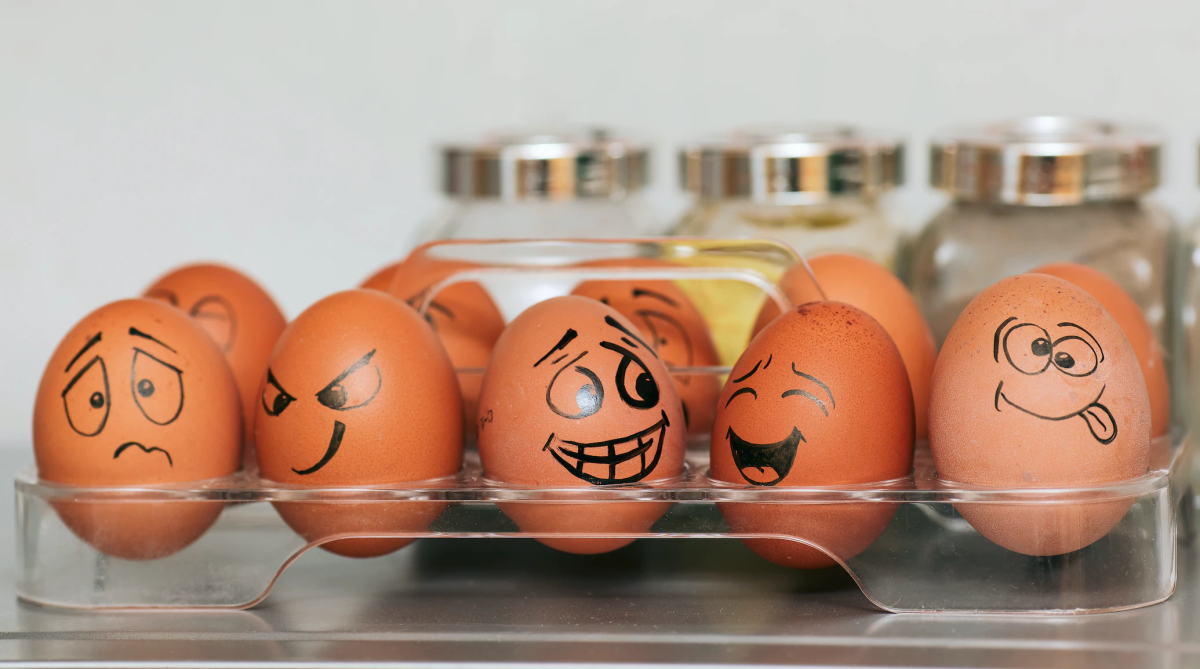
Bonkers, which was first used in the 1920s, is a humorous slang word for crazy or insane. This word is often used as an adjective, like “the weather is bonkers today,” or “you must be bonkers to drive in this weather.” Bonkers can also be used in the following context: “I went bonkers when I saw that sale!”
Dodgy
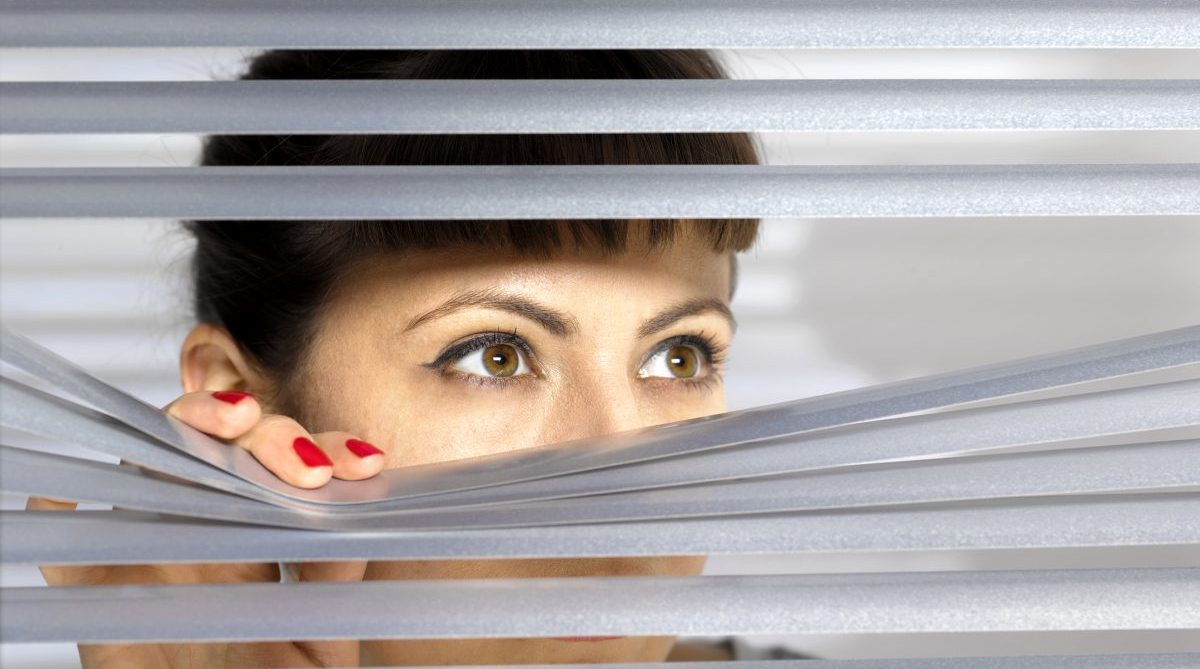
To be described as dodgy is to be seen as shifty or untrustworthy. While it’s usually used to describe a person, it can also be used to describe other things that are similarly dubious, such as information or objects. It may have started as a shortening of the slang phrase “dodgy-looking,” which referred to something that was suspicious.
Knackered

You know that feeling when you’re tired to the point where your muscles ache and your head is throbbing? You’re so tired that you can’t even muster up the strength to turn on the TV, much less get off the couch? That is a situation in which you would be considered “knackered”.
Bloody

Bloody is a British slang word which means “extremely”. Bloody can be used to intensify other adjectives, for example, bloody big, bloody expensive and so on. It can also be used as an exclamation to express anger, frustration or surprise. For example, “bloody heck, you scared me!” or “That’s bloody nonsense!”
Faffing around
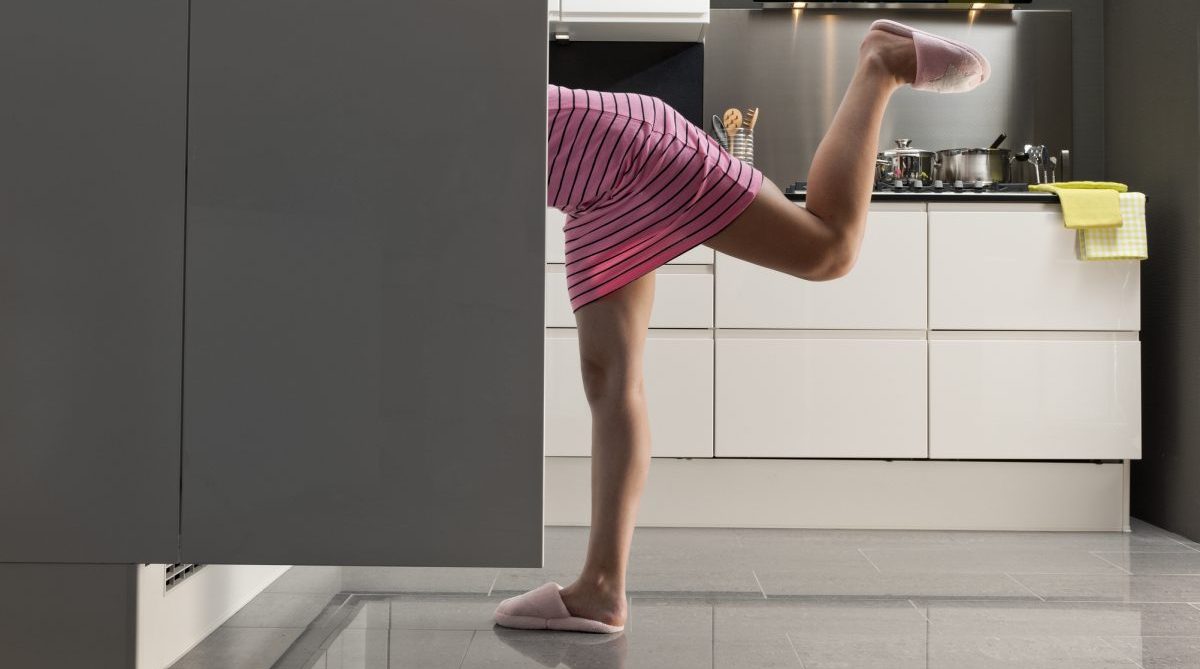
The phrase “faffing around” is used in the UK to describe aimless, pointless or overly elaborate activity. The word itself is generally used in a negative sense, as in it would be better to get on with what you’re doing than to faff around with inconsequential details.
Chuffed
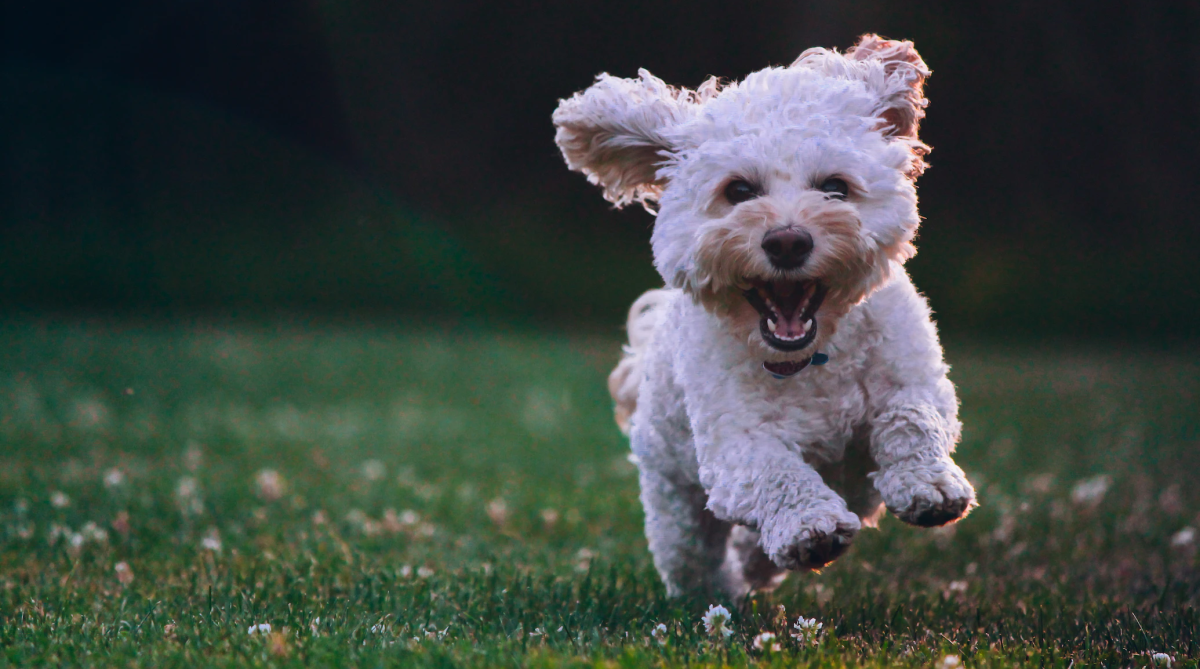
When a British person is chuffed, they are very pleased. They might say, “I’m absolutely chuffed that my team won the game!” Chuffed is an informal British expression, but you might hear it in more formal situations. “I’m chuffed to meet you” is an example of how it can be used in a more professional context.
Loo
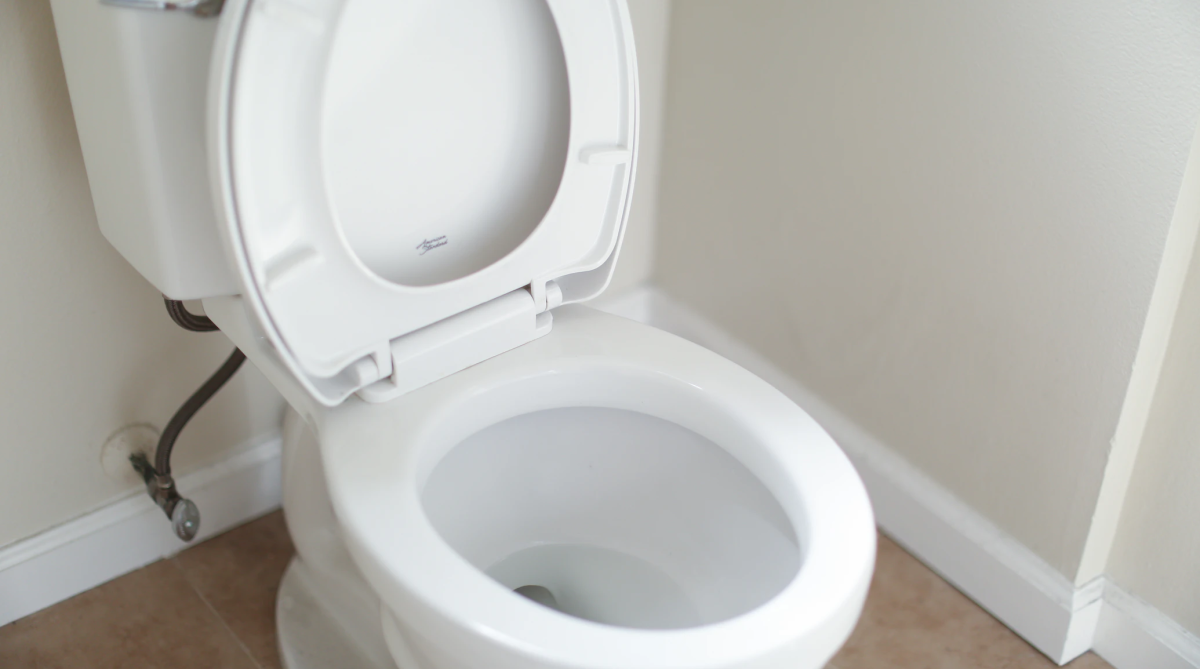
Loo is a British slang word that refers to a toilet. This term has evolved over time and is still commonly used today. It’s not often used in formal writing, but it’s very much a part of everyday language in Britain. It’s not offensive but is just another way to reference the room where you go when you need to use the restroom.
Queue
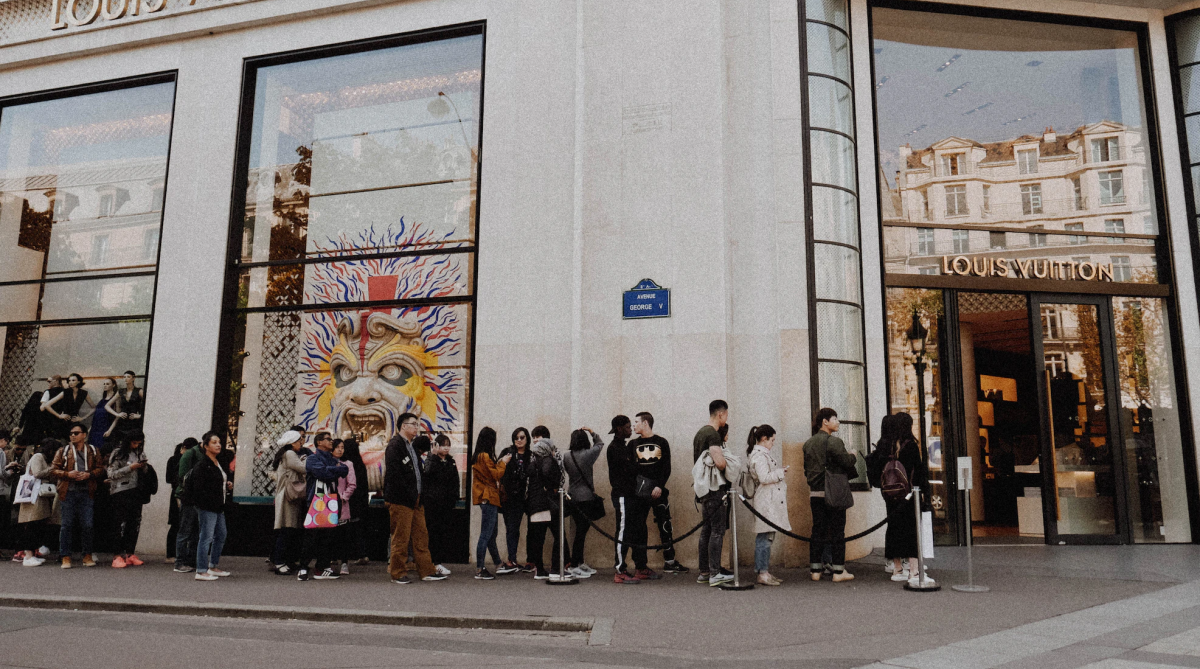
The word queue refers to a line. In fact, the word comes from the French word, “queue,” which means tail. In British English, the phrase to stand in line is replaced by queueing. For example, you would say “I wasted two hours of my life queueing” instead of “I stood in line for two hours.”
Chockablock
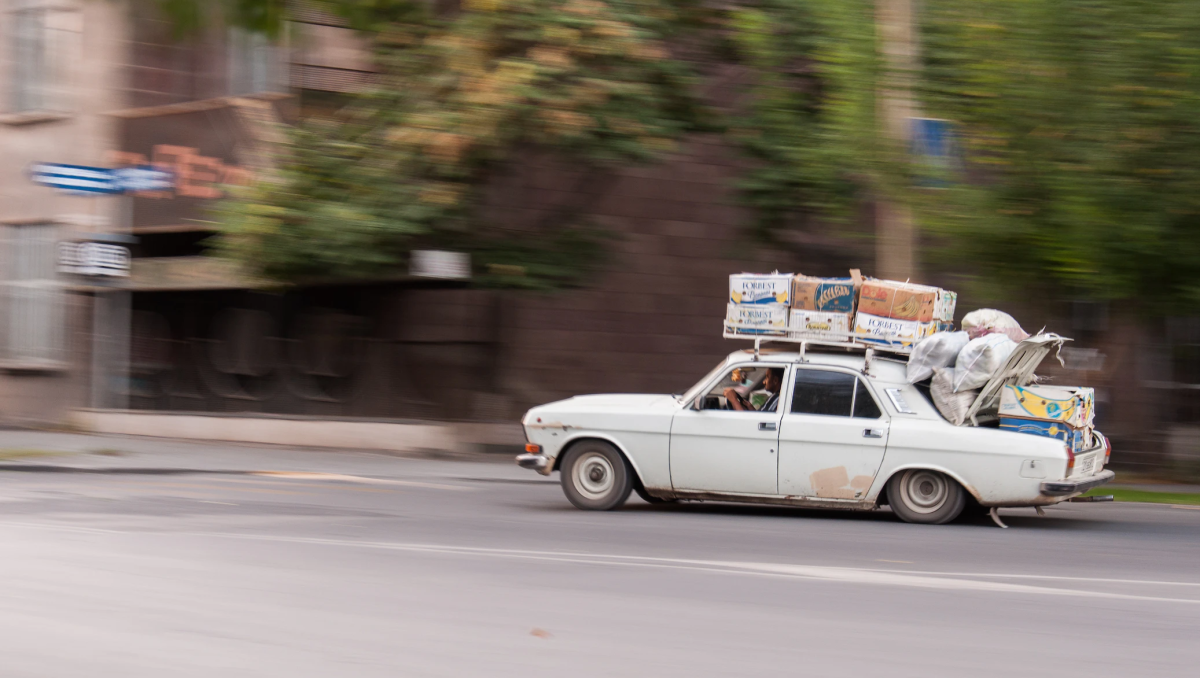
Chockablock is an interesting and funny word that hasn’t made it into the American lexicon. It’s a phrase with a very literal meaning, and for those who have never heard it before, it can be hard to decipher. That said, once you know it, the meaning is pretty self-explanatory. Chockablock means “stuffed full,” “packed tight,” or “overflowing.”
Gormless
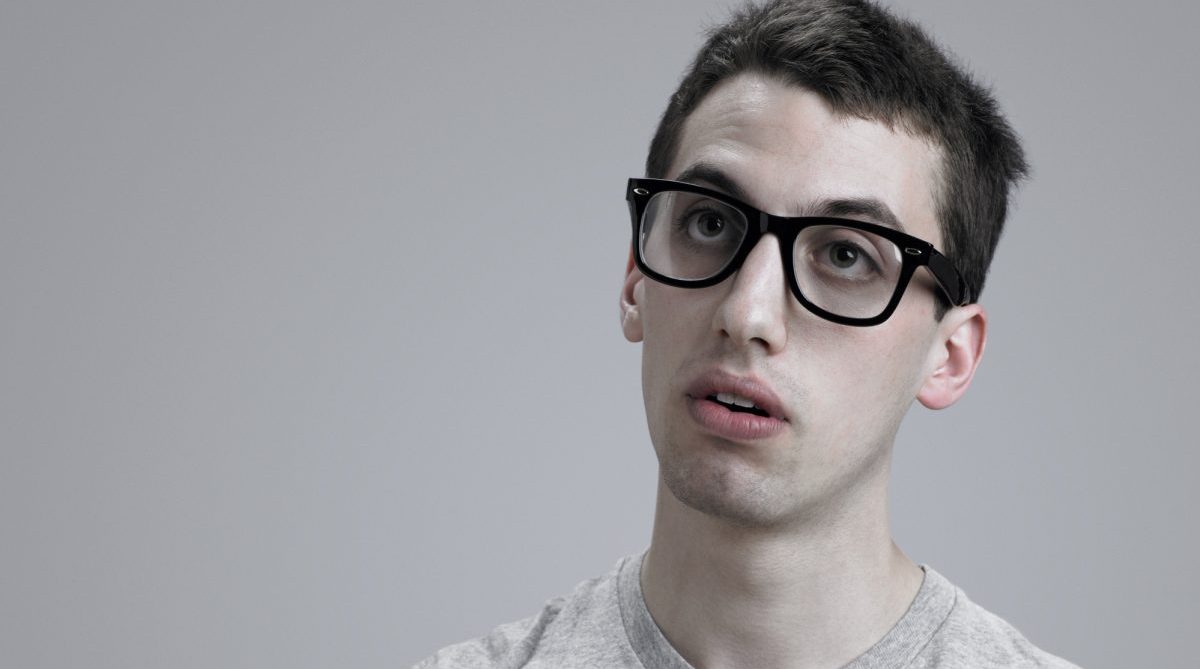
When looking at the word gormless, most people would not even know what it means. In fact, most would not know how to respond if someone said it to them. The definition is: lacking intelligence or common sense. It is a slang word that is used in Great Britain but has no meaning in the United States.
Kip

Kip is a slang word, meaning to sleep or to have a nap. While kip refers to both the act of sleeping and the location where you sleep, it’s usually used with reference to sleeping in a bed. This word is used in the following way: “I’m off to get an hour’s kip.”
Ledge
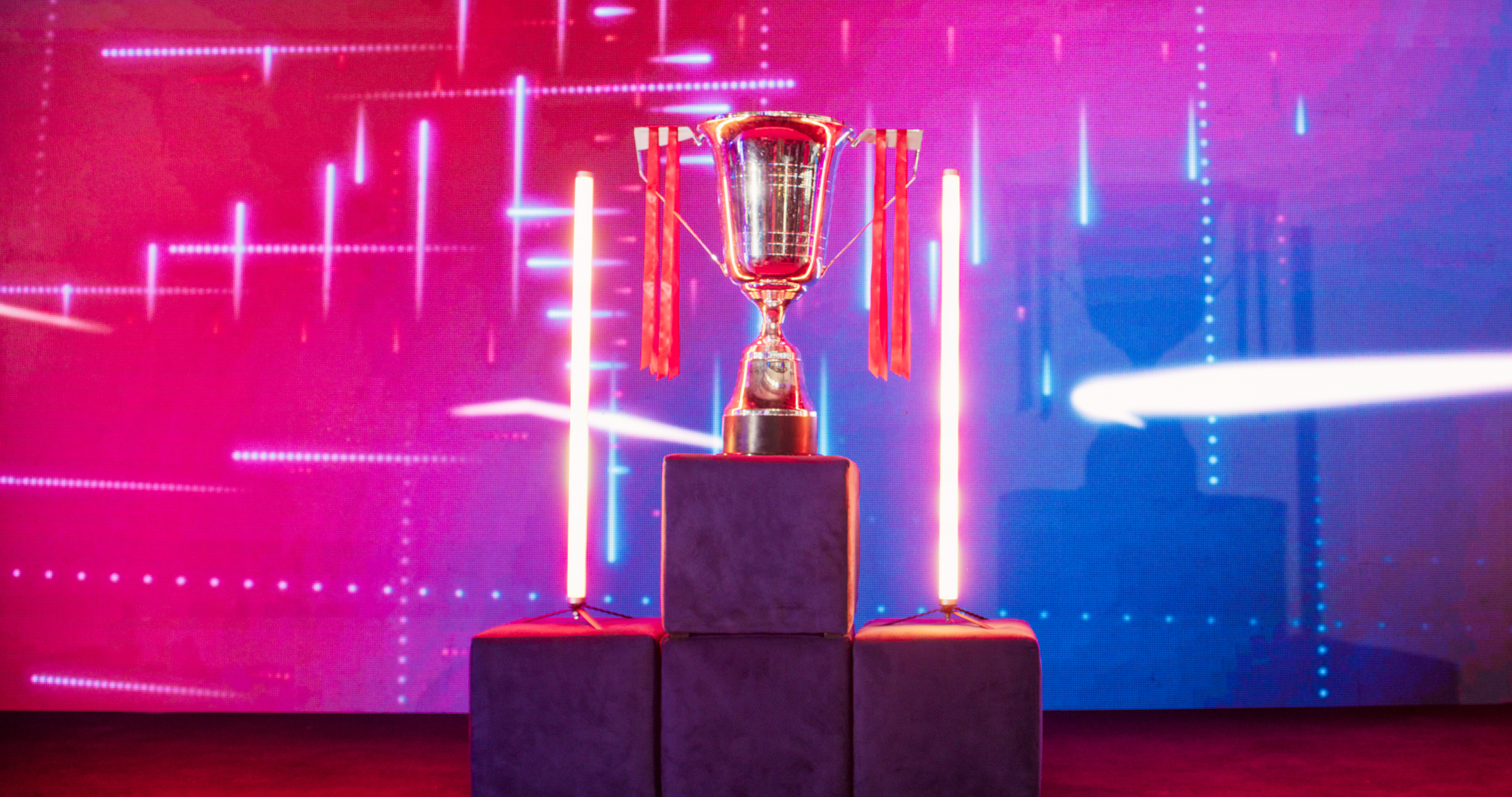
Ledge is a slang word that means a person who has exceptional skills, talent, or position. A ledge is more than a mere superstar; it refers instead to people who are legendary in some way. If you want to show your appreciation for somebody, you can call them a ledge. The term comes from the word legend.
Miffed

Miffed is a British slang word that refers to a state of mild irritation. It’s similar to the slang word “p**sed off,” but it has a less intense connotation. If someone says they were miffed, you’d know that they weren’t saying they were livid, just a little annoyed.
P**sed
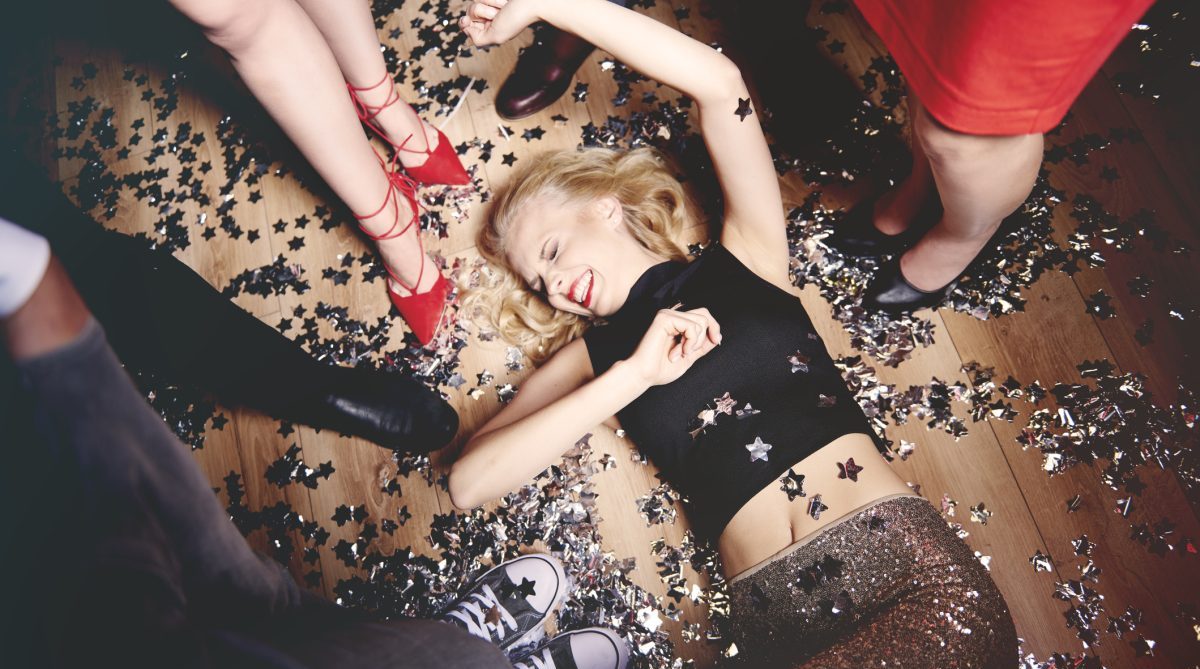
P**sed is a British slang word that has multiple definitions. As an adjective, it means drunk, as in, “Did you see Eric last night? He was totally p**sed.” P**sed can also mean to be angry or upset, usually accompanied by the preposition at, as in, “I’m really p**sed at my boss right now.”
Skint
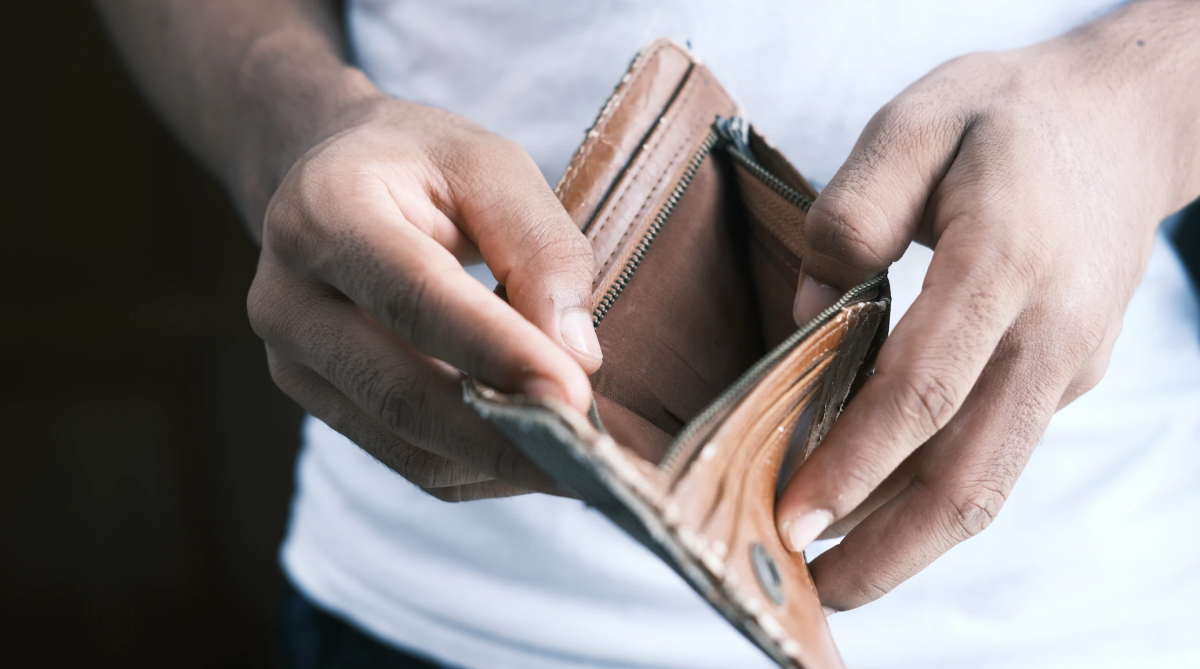
Skint is a British slang word meaning to not have any money. The slang word is not used much in the U.S., but it is often used in Britain and Ireland, where it originally comes from. You may hear it in other English-speaking countries such as Australia.
Fresher

Fresher is British slang for a new student at a college or university. It refers to the student’s first year of enrollment in school and can be used as a noun or an adjective. The word is also sometimes used in the United States with a similar meaning, but Americans usually use freshman instead.
Mate

Mate is a British term of endearment that means friend. You can call your friends “mates” or you can say “I’ll be your mate.” By itself, the word is pretty innocuous – but it’s the slangy, informal nature of the term that makes it seem kind of weird to Americans.
Jimjams
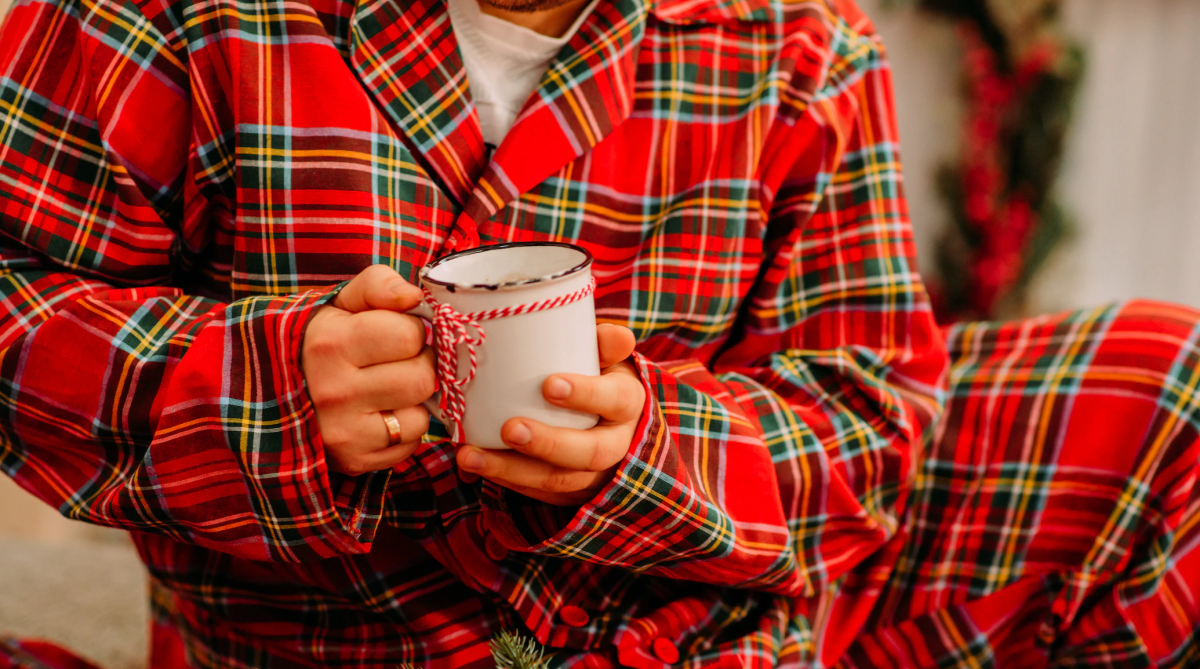
Jimjams is a British term for clothes you wear to bed. It’s an informal term, more commonly found in casual conversation. It may take some people a second to figure out what it means, but the definition is clear once you know that jim-jams are pyjamas or other loose-fitting, cosy items of clothing.
Bob’s your uncle

Bob’s your uncle is a British phrase that means something went right unexpectedly, without the need for any extra effort. It can also be used to imply that you’ve found a solution to a problem or achieved something without much work.
Brolly
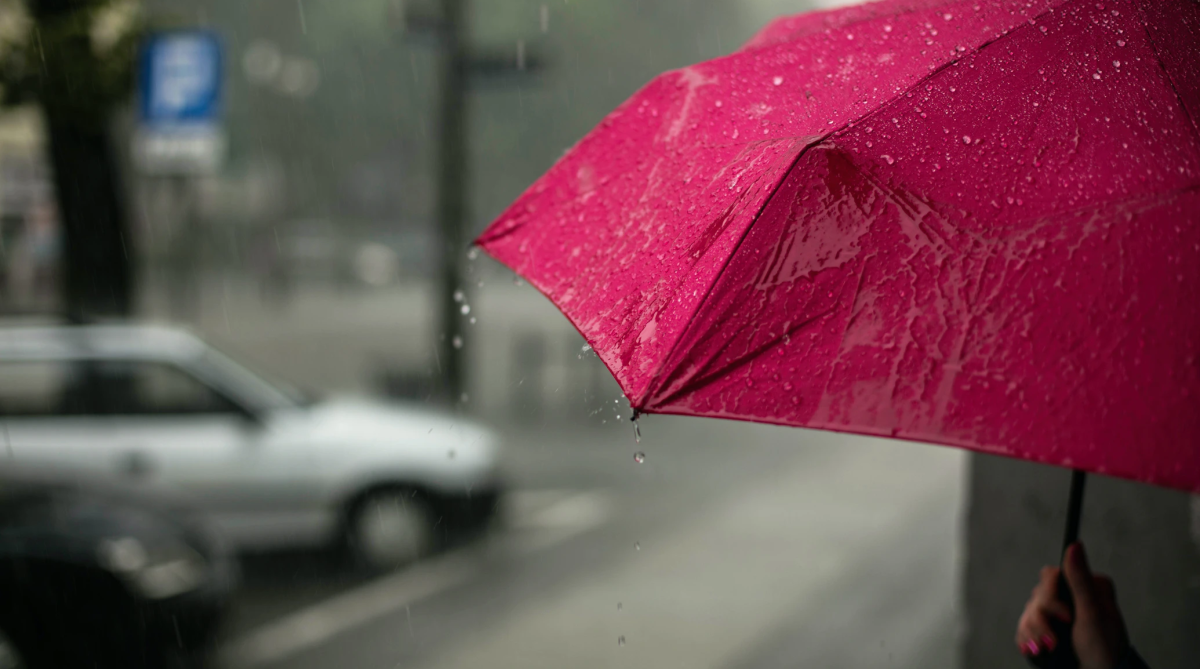
Brolly, brolly, brolly. This word is very popular in the UK and Ireland, but it’s not used so much in North America. The word simply means umbrella. You might hear someone say that they’re going to “brolly up” if the forecast calls for rain that day, which in Britain it usually does.
Bagsy
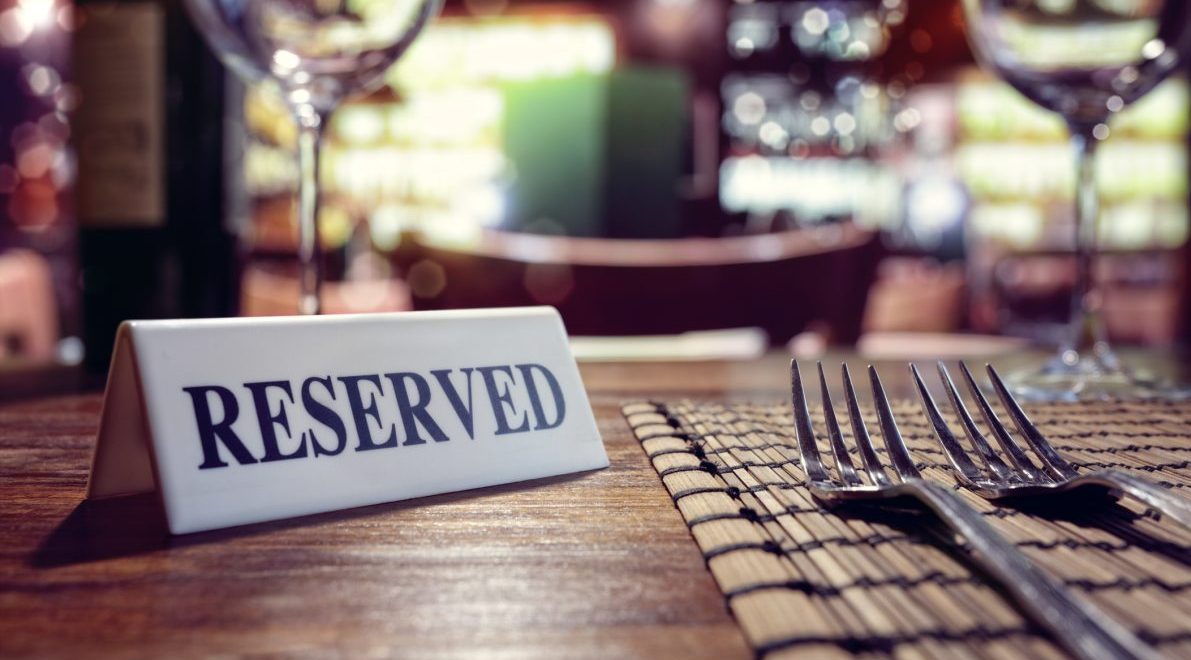
Bagsy is a British slang word that means to claim or to reserve. Bagsy is formed from the nouns bag and say, which are, in turn, shortened versions of bag it and say it. Bagsy can also be used in the following way: “I’m bagsy-ing that seat for myself.” It’s the equivalent of calling shotgun in American English.
Skive
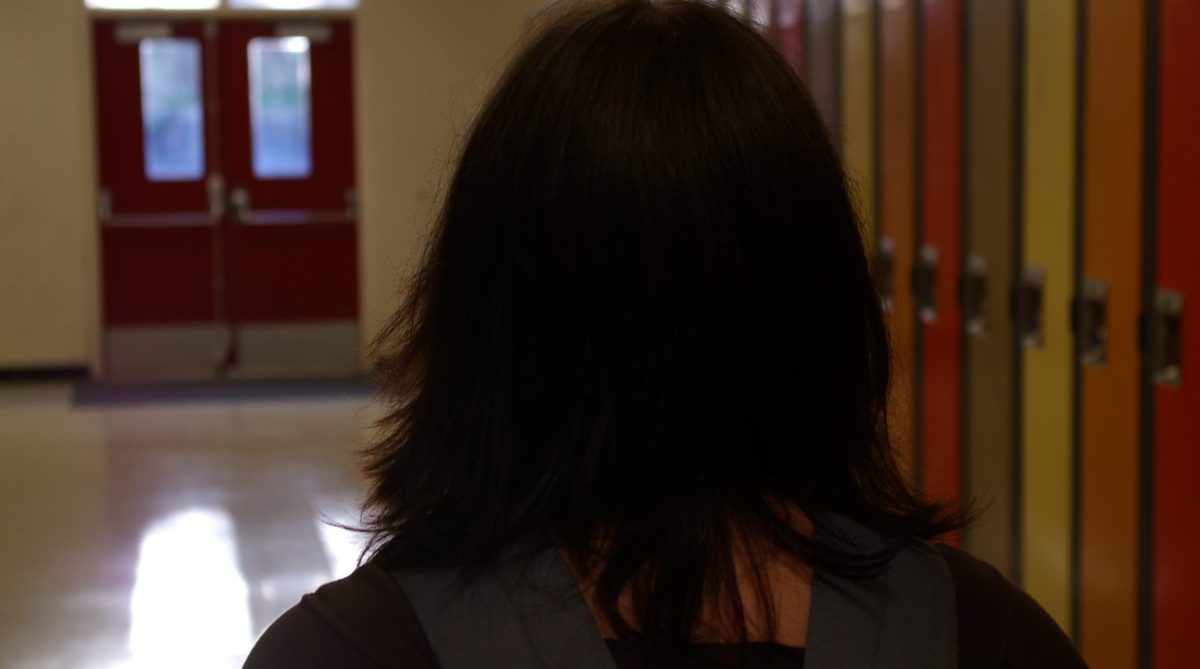
In British slang, a skiver is someone who doesn’t contribute to the work of his or her peers. Skiving at school, or off school, is when students skip class, lectures, or other required activities. A skiver will use any excuse they can think of to play hooky and get out of their responsibilities. The best part about this word is that it’s easy to understand – if you skip things, you’re a skiver!
Mug
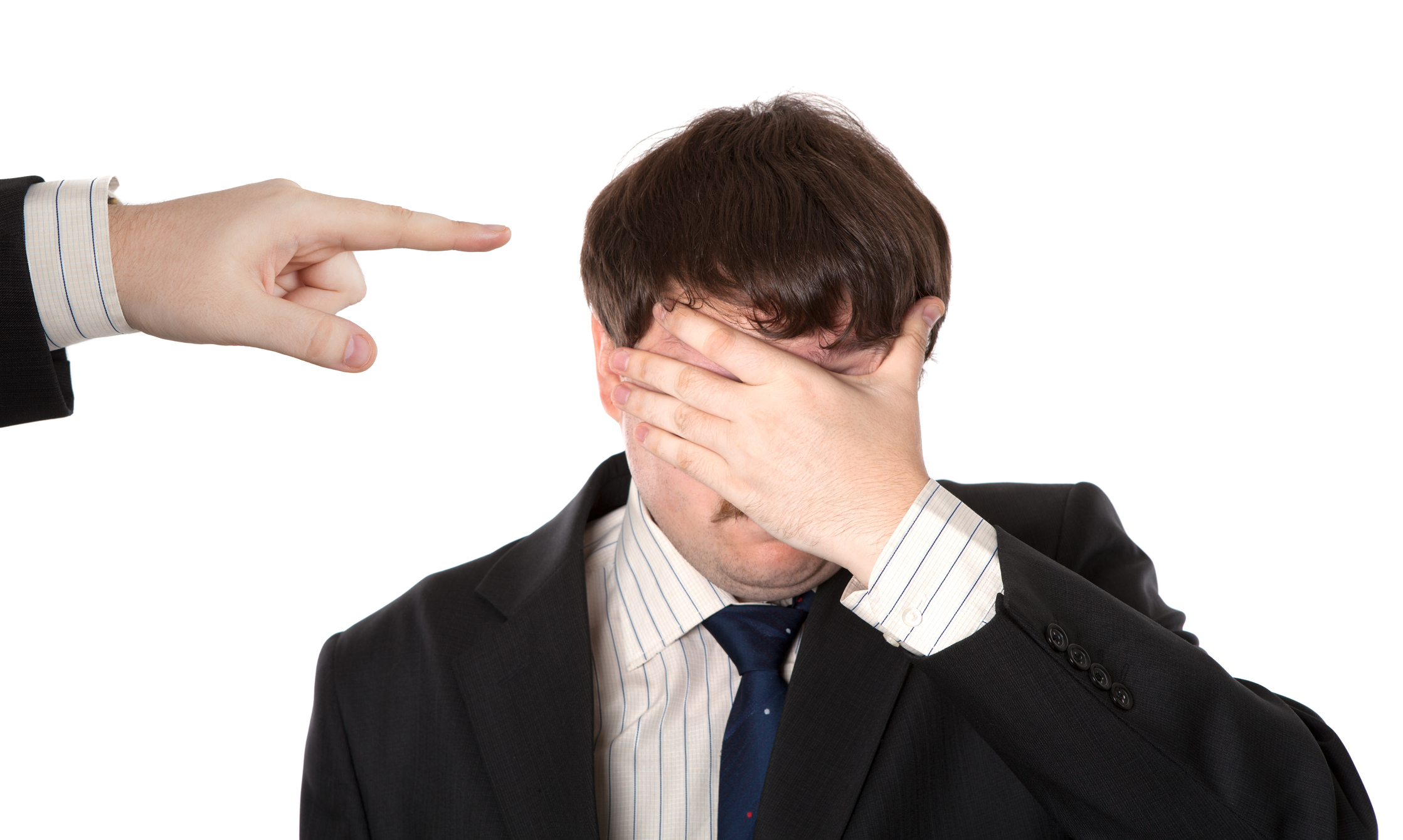
A mug is someone who is easily fooled, tricked, or cheated. Some examples of the word being used in sentences are: “Don’t be a mug and buy into their sales pitch”, and “If you’re not careful, you could end up being a mug and get ripped off.” The etymology of this word is a little bit of a mystery, however.
Chunder

Chunder is a slang term for vomiting, which originated in the United Kingdom. It can be used to indicate that someone is about to vomit, or as a verb to describe the act of vomiting. One theory about the origin of chunder is that it comes from the sound made by vomiting.
Minging
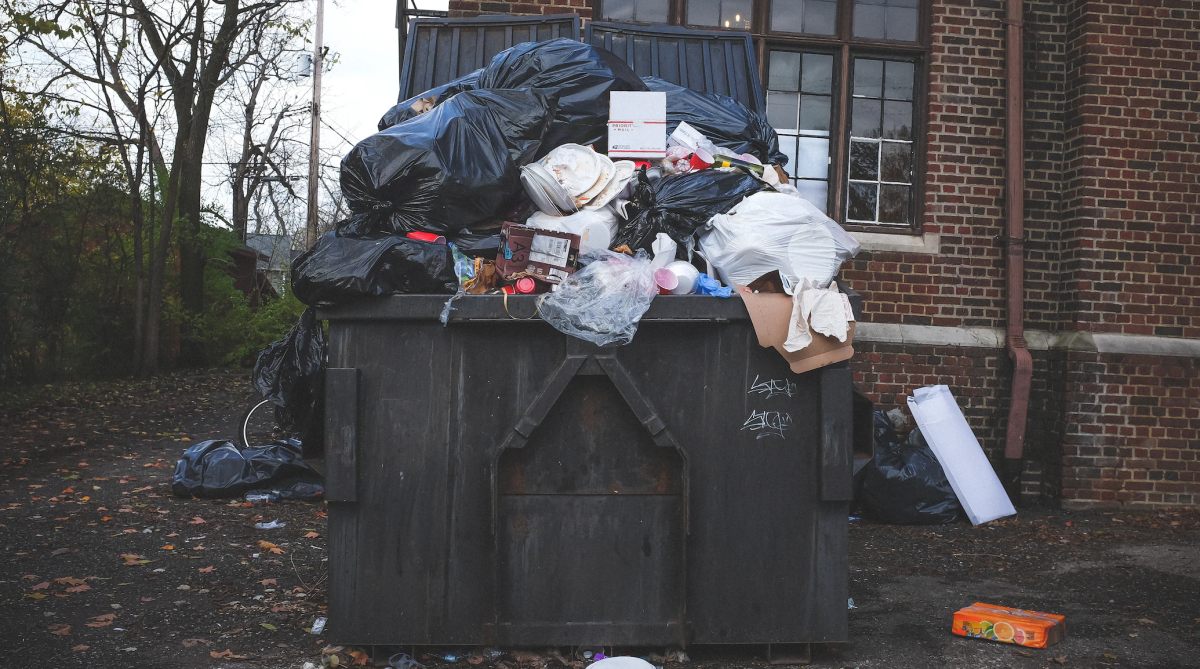
Minging has been around since the 1960s, and it’s always been used as an insult. It’s often used to describe things that are aesthetically unpleasant – like when your housemates leave dirty dishes around and haven’t cleaned up after themselves for days on end. Sometimes you’ll see someone express their distaste for a person by calling them minging.
Trainers

A trainer is a slang word that refers to a shoe you wear for exercise. The term is used most often in the United Kingdom and Australia. In the US, the same shoes are more likely to be called sneakers or tennis shoes. Technically, the term trainers makes more sense than sneakers – after all, they’re shoes that you wear to train.
Bee’s knees
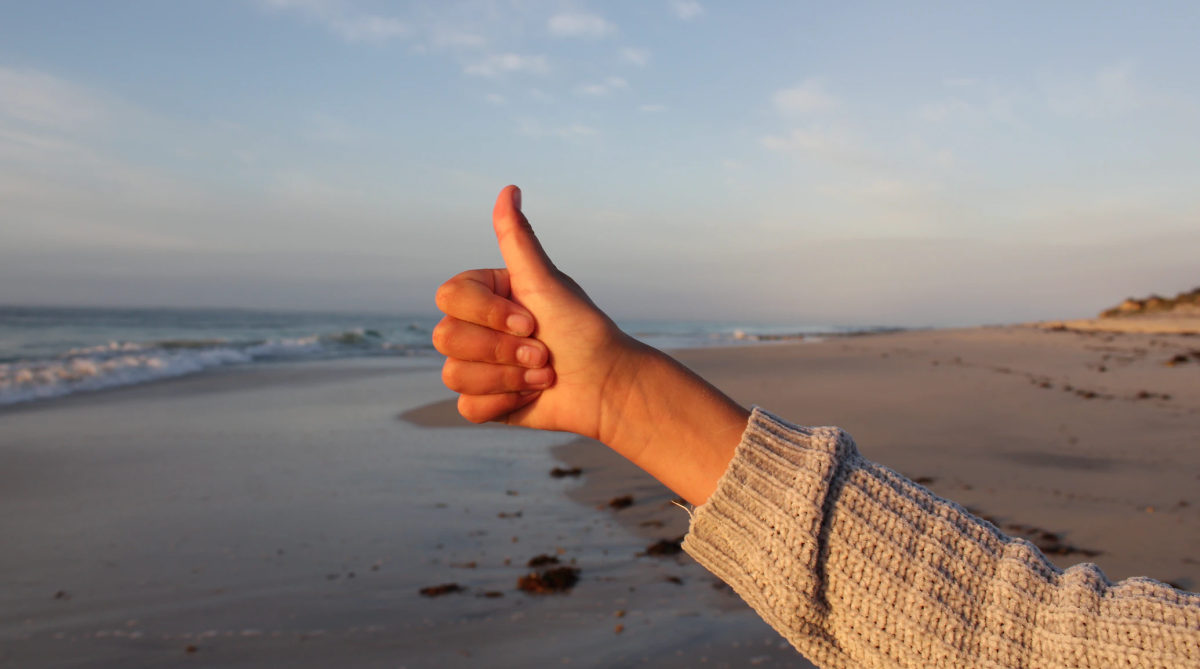
The bee’s knees is an old slang term that originated in the 1920s. More recently, it has been used to refer to something that is very good or excellent. This can be anything from a meal, to a movie, to even someone’s hair! It’s not always clear why something is the bee’s knees – it’s just a general phrase used when something is good.
Donkey’s years
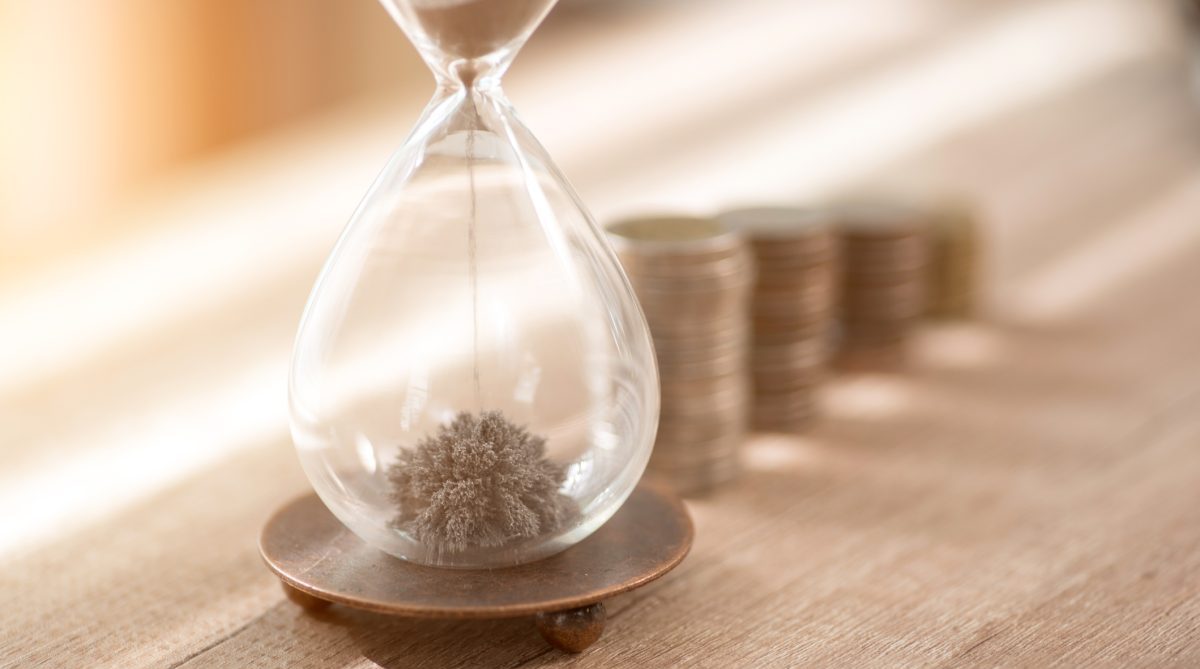
Donkey’s years is used in British English as a phrase to express a very long time. In fact, the phrase is most often used to describe an immeasurable length of time. The expression is an allusion to old age when a donkey becomes grey and its hair falls out. Thus, donkey’s years are countless.
Snog
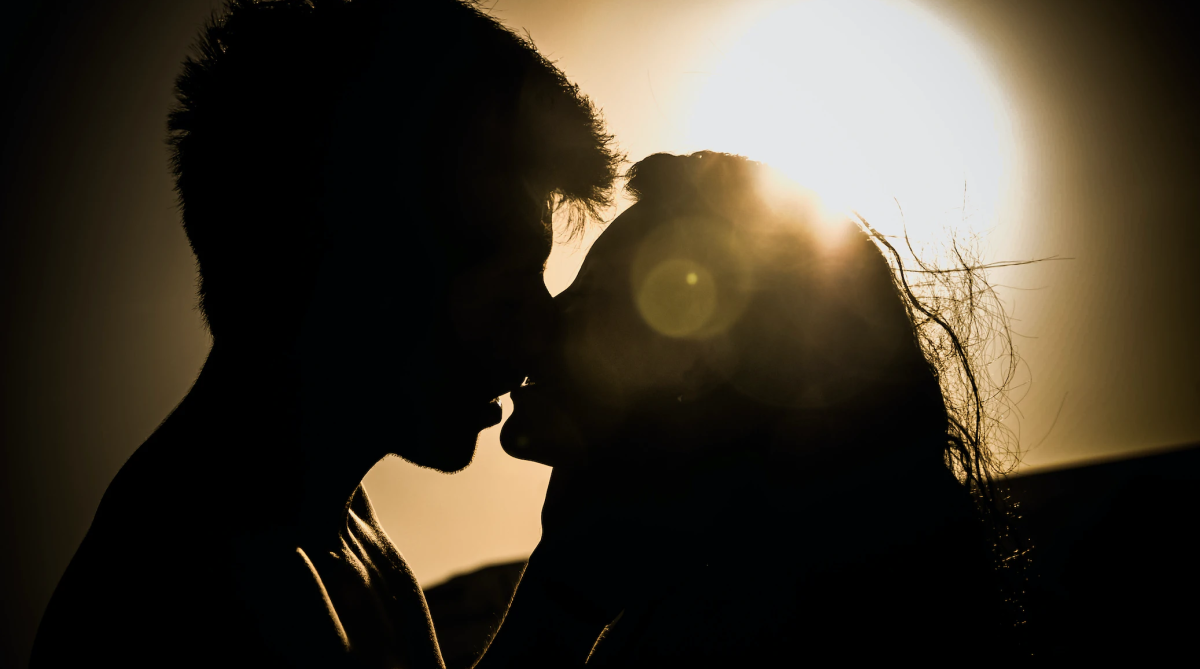
For some, snog may seem like a silly word with little meaning in the grand scheme of things. But for those in the UK, this slang term has a very specific connotation – and it can be quite confusing for those who don’t know what it means. In Britain, the word snog can mean one of two things: to kiss passionately or to make out with someone.
Quid
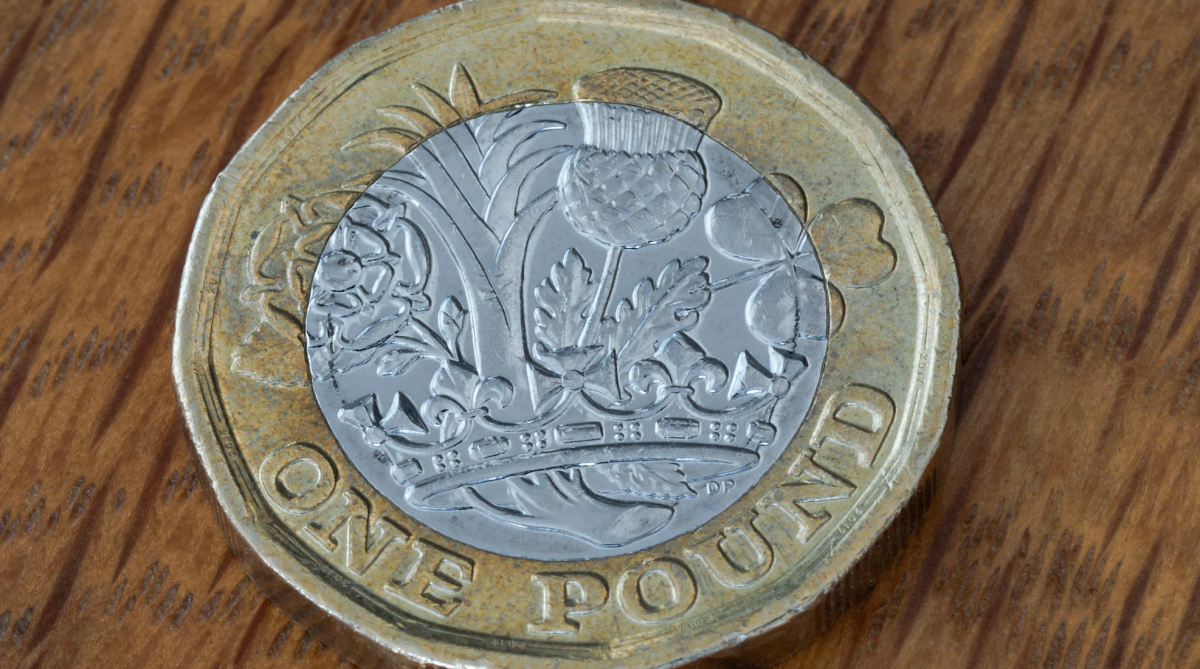
The word quid is a slang word that refers to the British pound sterling. Quid is one of many slang terms in use in the UK, and it is usually used when people are talking about money or prices. The British pound sterling is also called a quid, so the two terms are often used interchangeably, though quid is more informal than pound.
Banter

You can hear it in the chat of old friends, thrown around during a game of soccer, or even in a friendly fight between two people. In the dictionary, banter is defined as “friendly and informal conversation.” But what is British banter? Most Americans aren’t familiar with the British sense of humour. The British tend to say things that are much more direct or sarcastic than Americans are used to, and banter refers to this specific kind of speech.
Cuppa
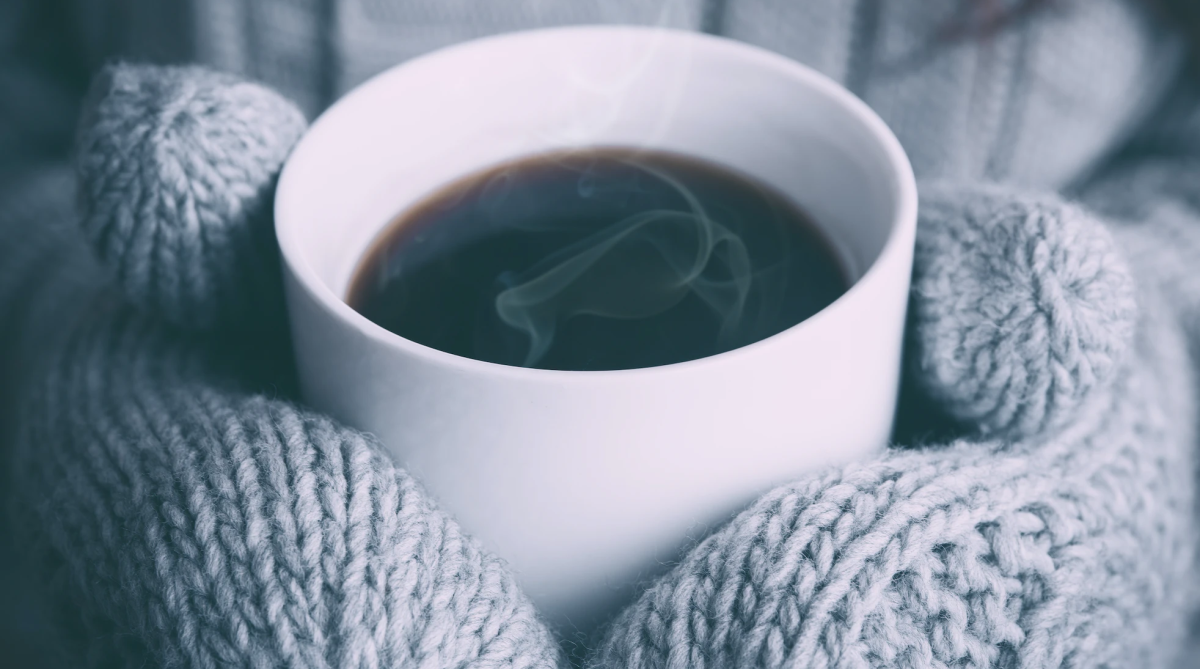
A cuppa is a slang term used by the British to describe a cup of tea, usually referring to a single cup served in a teacup or mug. You may have heard an English person say that they’ll make you a cuppa to show hospitality, or that they’re going to make themselves a cuppa when they get home from work because they’re tired and want something warm to drink.
Peng
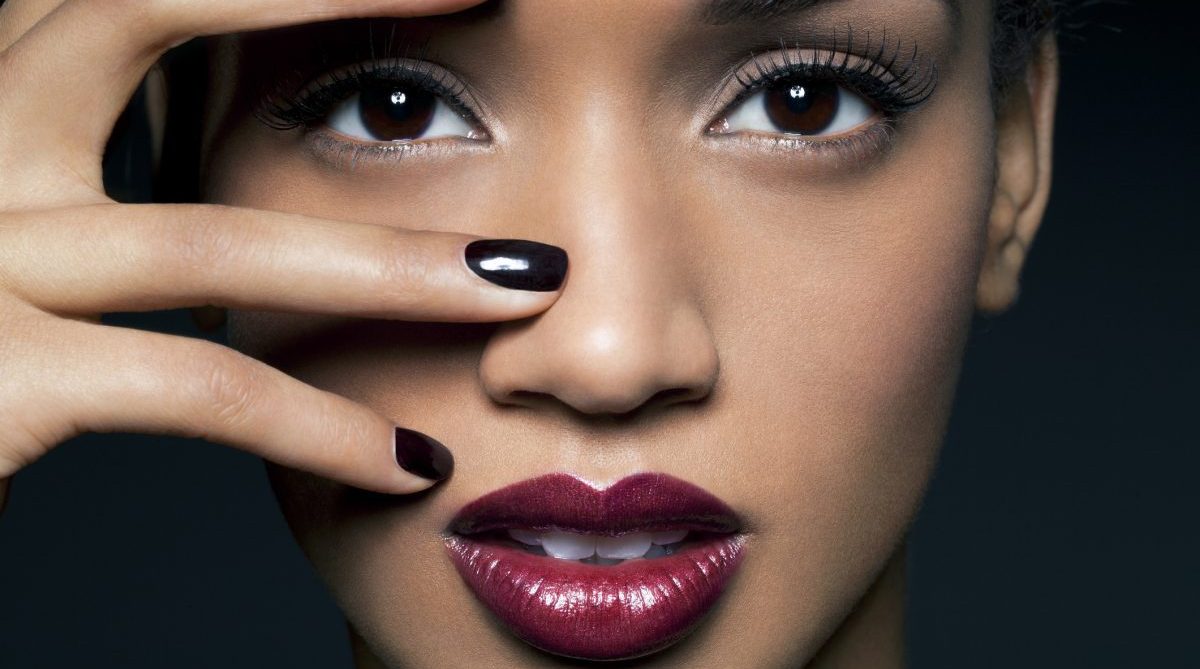
There’s a lot of slang in the English language, and slang terms are words people use to express what they think without having to worry about whether they’re grammatically correct or not. Peng is one of those terms. It’s a slang word that means a person is sexy or attractive. In other words, you’d only say it about someone you find aesthetically pleasing.
Bollocks
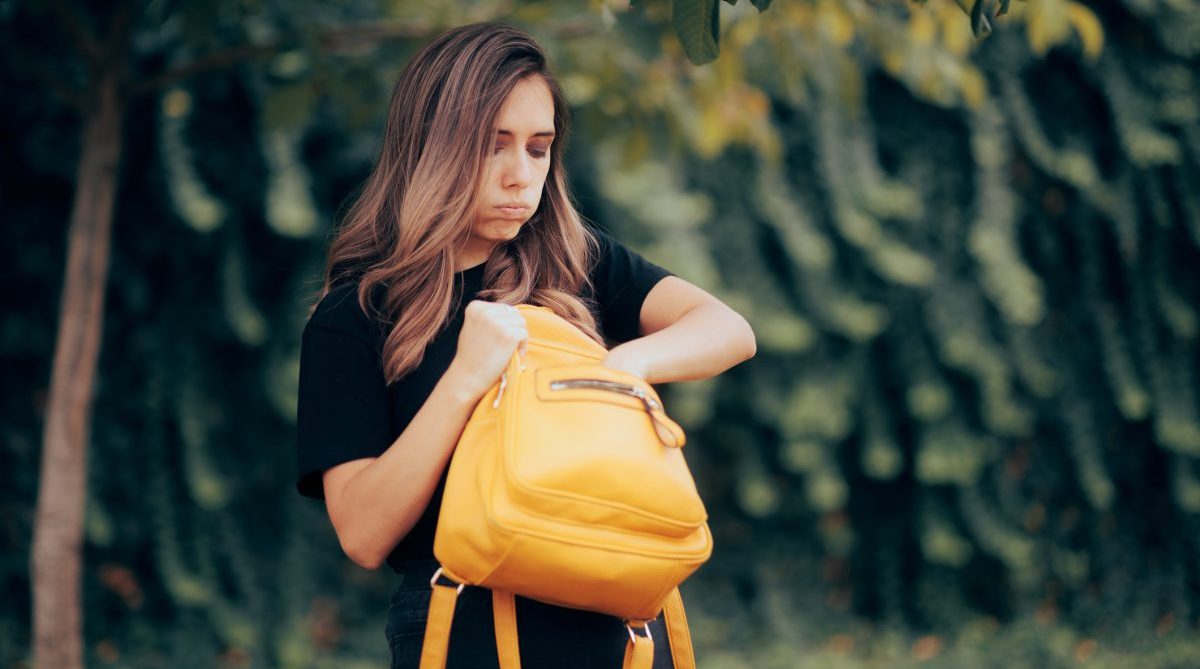
For those unfamiliar, the word bollocks refers to testicles. The slang has been around since the Middle Ages when it referred to nonsense or a lie. It can also be used as an interjection to express frustration. “Bollocks!” you might say in response to something that frustrates you, like when you realize you forgot to lock the door before leaving for vacation.
Bev
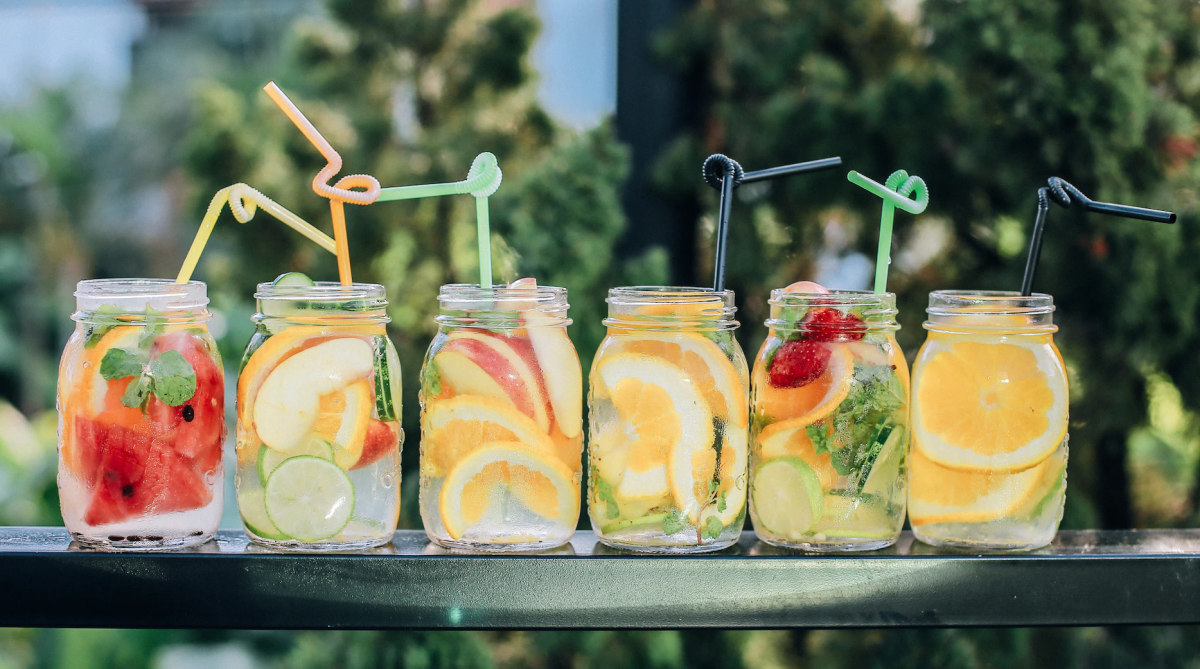
Though the term bev or bevvy makes sense to a British audience, it can be confusing to an American audience. Bev is actually short for the word beverage – or drink. So, what kind of drink is it? Well, the word can be used as a slang term for either alcoholic or non-alcoholic beverages. Your bev could be anything from a well-crafted cocktail to a bottle of water.
Kerfuffle
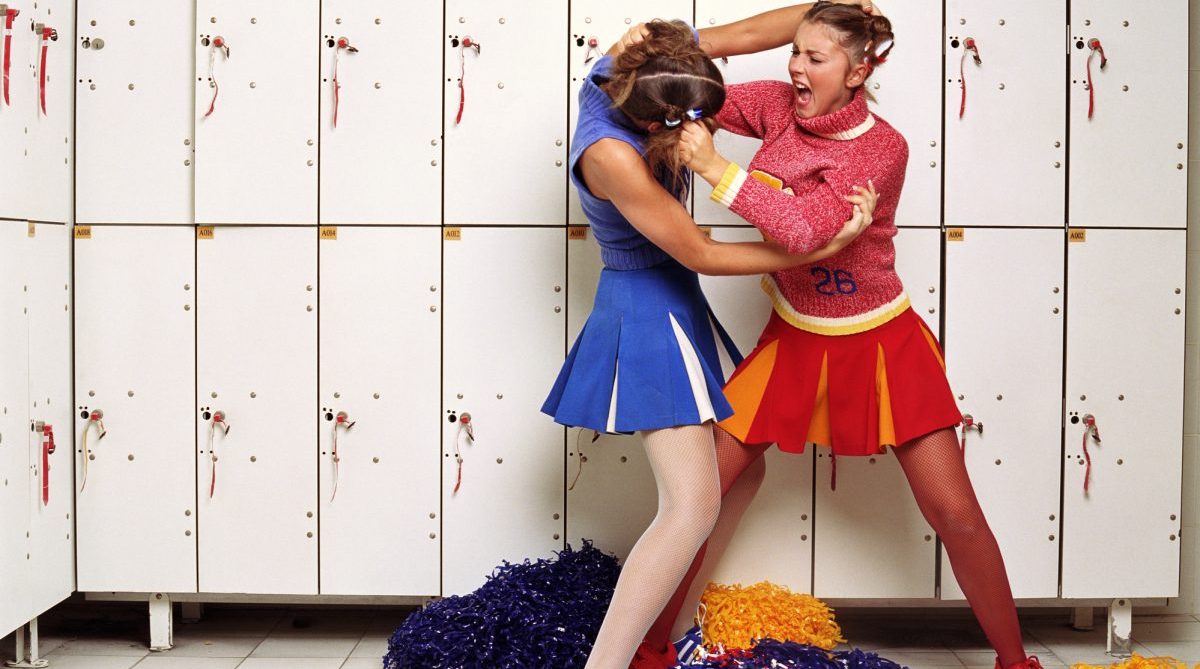
The word kerfuffle has become a very popular British slang term, but many people are not sure what it means or how to use it. It is a combination of the words “kerf” and “fuffle,” meaning a situation that starts out as a minor argument or fuss before escalating into something much larger. It can also be used for situations that aren’t necessarily unpleasant but are chaotic and difficult to control.
Grub

Grub is a British slang word that means the food you eat. It’s not used in formal writing, but it’s seen frequently in everyday conversation. What does grub mean? Grub can have several different meanings depending on how it’s used. When someone says, “I’m starving – let’s grab some grub,” they’re referring to food, usually fast or cheap food.
On the lash
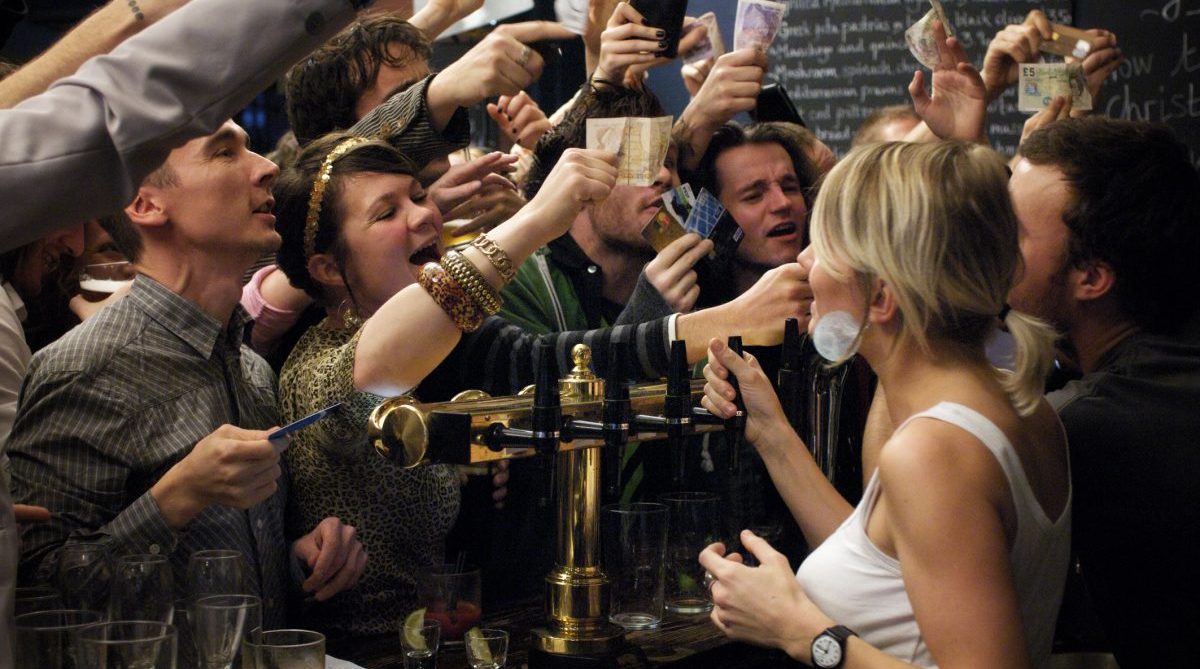
The phrase “to be on the lash” can be used to describe any type of night out, but it can also mean a specific type of British drinking activity. To be on the lash is to go out into the night, often intending to drink, and enjoy yourself with friends, family, or even just by yourself.
Moolah
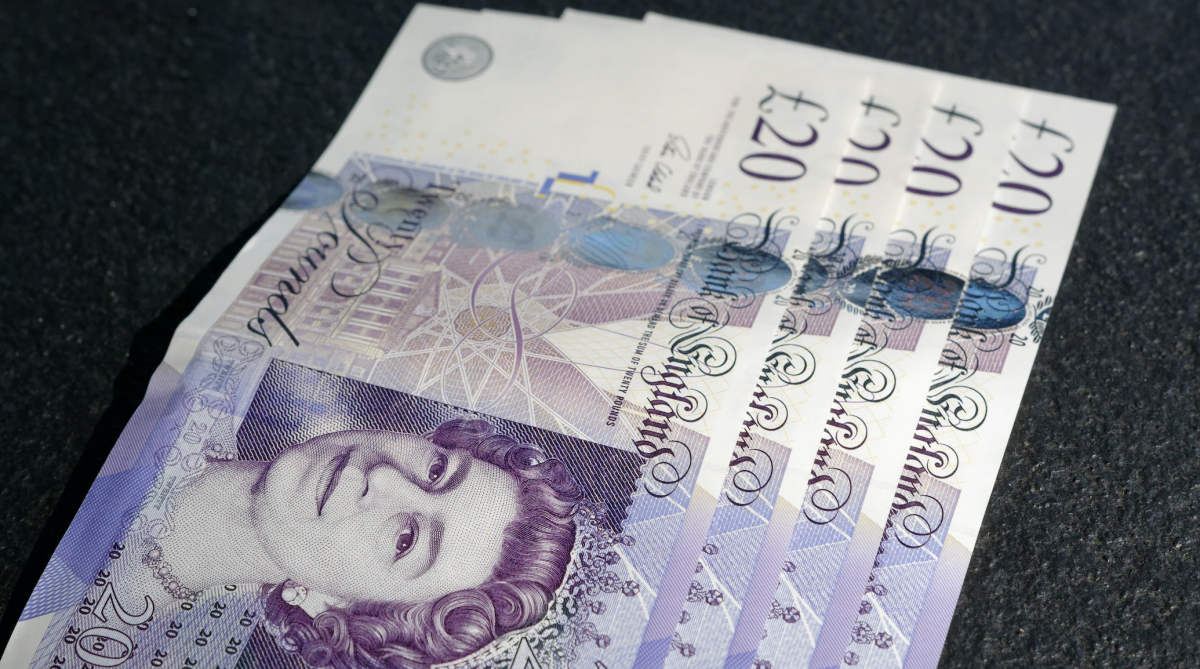
Moolah is a slang word used in the UK to describe money. Moolah is usually used to joke about how much money you have, or how much someone else has. Moolah is also used to describe the amount of money you’ve spent, for example, “I’ve spent quite a bit of moolah in this shop!”
Tosh

The word tosh is an old British slang term dating back to the 16th century. It’s a little difficult to pinpoint its exact meaning, but it’s generally used as a way of describing things that are nonsense or rubbish. It doesn’t have an exact American synonym, but it’s similar to the phrase baloney.